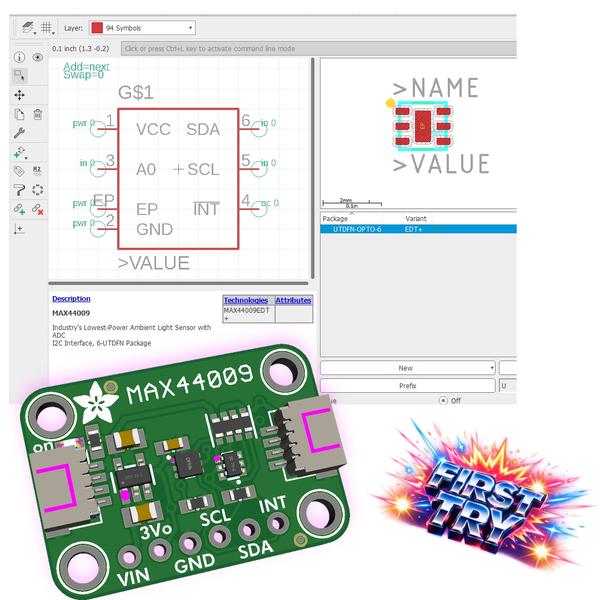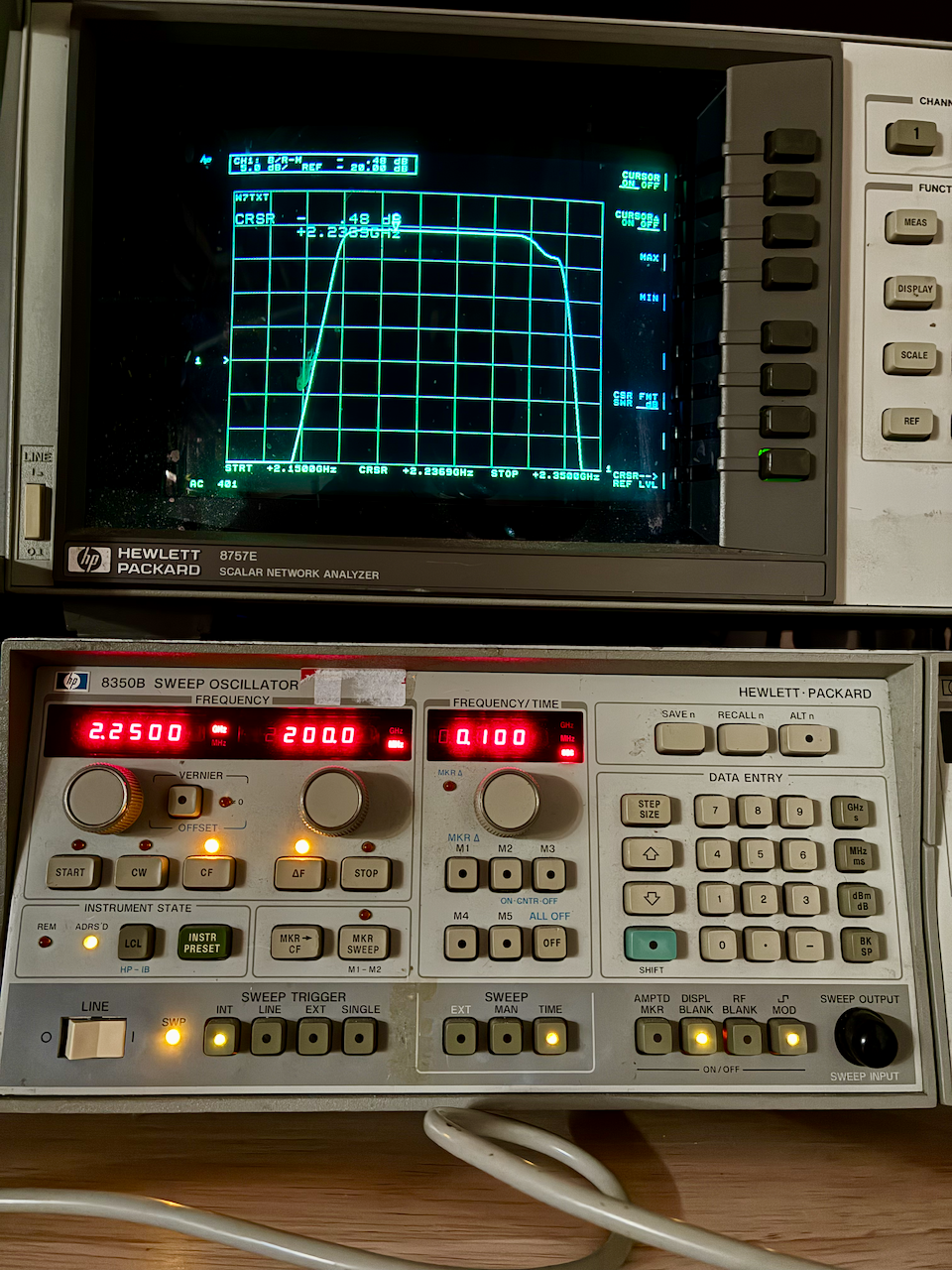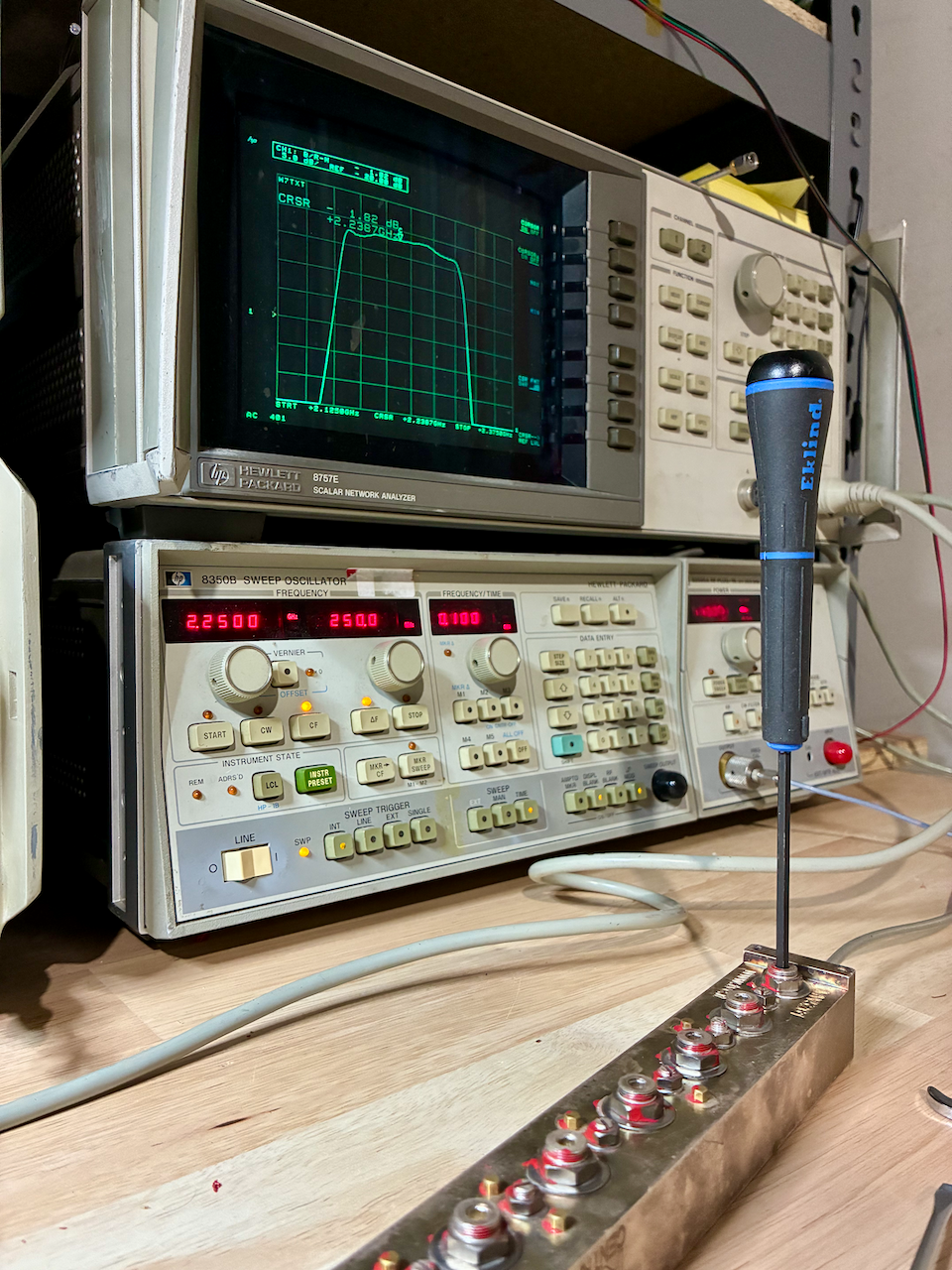Posts
585Following
516Followers
425📡 https://w7txt.net/
🐧 https://blog.namei.org/
☠️ https://www.facebook.com/w7txt
All Systems Go!
allsystemsgo@fosstodon.org📣 All Systems Go! is back in 2026! Same location, same dates.
We hope to see you 🫵 in 📍Berlin 📆 Sept 30-Oct 1 for 2 days of presentations, conversations and collaboration around foundational user-space Linux technologies.
More info here 👉 https://all-systems-go.io/
Follow to get notified when the CFP opens and 🎟️ tix go on sale.
James Morris
jmorrisRE: https://oldbytes.space/@flexion/116102728174568820
James Morris
jmorrisNow to figure out how to get an IPE policy loaded, per Luca Boccassi's presentation at @fosdem https://fosdem.org/2026/schedule/event/DVVAV9-particle-os-from-trad-distro-to-immutable-image/
Misty
misty@digipres.clubI'm open for work again! I'm looking for interesting opportunities; want to work with me?
My experience includes web archiving and digital preservation, devops, and internal developer tooling. I'd love to put that experience to work for you and your team.
Experience includes the Internet Archive, GitHub, Shopify, and others alongside a number of open source projects.
adafruit
adafruit@fosstodon.orgNo Tools for You: A Century of Men Policing Women’s Tools
In 1925 a doctor said vacuum cleaners will make women lazy. In 2026 mastodon dudes said the same thing (and worse) about a woman engineer using a tool to make a CAD part.
https://blog.adafruit.com/2026/02/16/no-tools-for-you-a-century-of-men-policing-womens-tools/
James Morris
jmorrisI've uploaded some filter simulation source (WGFIL & INTRFIL) to github with the permission of the author, Dennis Sweeney WA4LPR.
https://github.com/xjamesmorris/wa4lpr_filters
It was fun building these in the Free Pascal IDE, which will be familiar to anyone who grew up on Turbo Pascal.
I sometimes wonder what we threw away when folk moved on from Pascal. Did we end up with anything better?
David Chisnall (*Now with 50% more sarcasm!*)
david_chisnall@infosec.exchangeWeb design in the early 2000s: Every 100ms of latency on page load costs visitors.
Web design in the late 2020s: Let's add a 10-second delay while Cloudflare checks that you are capable of ticking a checkbox in front of every page load.
James Morris
jmorrisJames Morris
jmorris.
.
#amateurradio #hamradio #satnogs #microwave #amsat #satellite
James Morris
jmorris🦀 It's Open Source & implemented in Rust.
https://github.com/microsoft/litebox
CHERI Alliance
cheri_alliance@infosec.exchange⚙️ Towards a reference QEMU for CHERI platform emulation: An update from the CHERI QEMU Working Group ⚙️
QEMU is one of the most popular open source machine emulators, with support for many CPU architectures, including x86_64, Arm and RISC-V.
As of January 2026, we are excited to announce that the CHERI Alliance hosts a reference QEMU implementation that supports multiple modern hashtag#CHERI platforms based on Arm and RISC-V. These include the Arm Morello platform, the CHERI RISC-V standard draft 0.9.3 and the University of Cambridge RISC-V ISA v9. The CHERI Alliance reference implementation is an important milestone for future development and integration of CHERI support in QEMU.
We expect 2026 to be an exciting year for the CHERI Alliance and the CHERI QEMU community as a whole. With no shortage of work in sight, we would like to encourage members of the Alliance and any other organisation interested in CHERI to check out the latest developments.
🔗 Find out more: https://cheri-alliance.org/towards-a-reference-qemu-for-cheri-platform-emulation/
keithp
keithp@fosstodon.orgYou know how I always say picolibc isn't a Linux C library because it doesn't do all of the fancy Linux stuff? Well, it turns out you don't need much to get a semi-functioning system.
$ size test-hello-picolibc test-hello-glibc
text data bss dec hex filename
3632 144 4656 8432 20f0 test-hello-picolibc
645697 23704 22576 691977 a8f09 test-hello-glibc
I blame Kees Cook for nerd-sniping me on this one.
James Morris
jmorrishttps://www.youtube.com/watch?v=xCrPD7tfcr0
Paul E. McKenney
paulmckrcuA big "Thank you!" to everyone involved!
Christian Brauner 🦊🐺
brauner@mastodon.socialThe #uapigroup hosts two brand new specifications at https://uapi-group.org/specifications
The VMClock specification comes from Amazon AWS and defines an efficient guest clock synchronization mechanism:
https://uapi-group.org/specifications/specs/vmclock/
The VMGenID specification defines a notification mechanism whenever a VM is cloned/copied so userspace and kernel can take appropriate action (e.g., changing machine ID or updating random seeds):
https://uapi-group.org/specifications/specs/vmgenid/
The #uapigroup is very happy to serve as a home for these specs.
rob pike
robpike@hachyderm.ioImplementing transcendental functions in Ivy
https://commandcenter.blogspot.com/2026/01/implementing-transcendental-functions.html
James Morris
jmorrisRE: https://mastodon.social/@etchedpixels/115963032961281362
James Morris
jmorrisRE: https://ioc.exchange/@azonenberg/115962847027721998
James Morris
jmorrisChristian Brauner 🦊🐺
brauner@mastodon.socialI just sent out the CfP for LSF/MM/BPF 2026 in Zagreb, Croatia:
https://lore.kernel.org/20260110-lsfmm-2026-cfp-ae970765d60e@brauner
This year's committee is:
Javier González (Storage)
Martin K. Petersen (Storage)
Christian Brauner (Filesystems)
Amir Goldstein (Filesystems)
Jan Kara (Filesystems)
Vlastimil Babka (MM)
Matthew Wilcox (MM)
Daniel Borkmann (BPF)
Martin KaFai Lau (BPF)
Send us your proposals!







